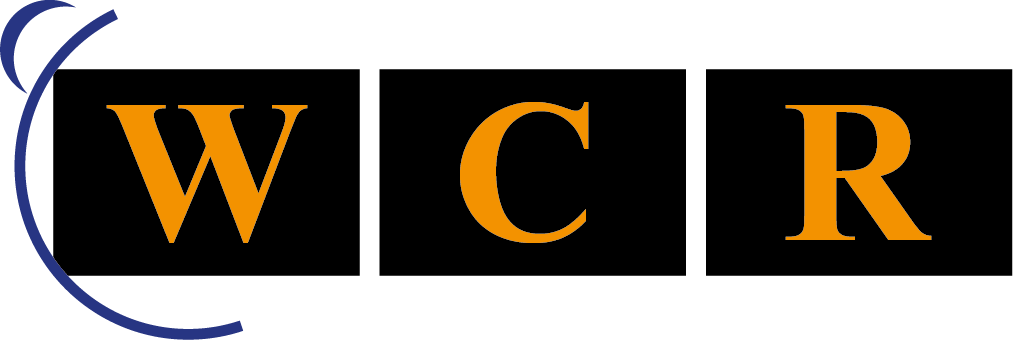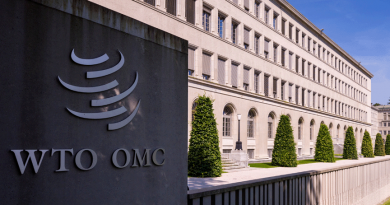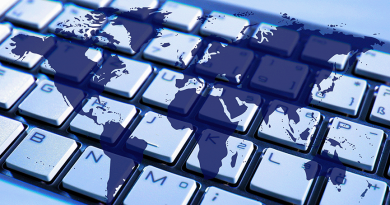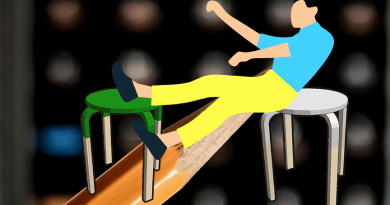The power of words and the fragility of democracy
World Commerce Review foreword
Over the past three decades, political discourse has increasingly devolved into a battleground of inflammatory labels. Terms such as “fascist,” “right-wing extremist,” “Islamophobic,” “racist,” “transphobic,” “homophobic,” and “misogynist” are frequently weaponised against political opponents.
This rhetoric, coupled with assertions that “the science is settled” on contentious issues, stifles debate and enforces conformity with elite consensus views. Dissenters risk being “cancelled,” marginalised, or worse—targeted for their beliefs. Labelling someone a “right-wing extremist,” for instance, can escalate beyond rhetoric, potentially placing them in the crosshairs of violence, as seen in recent politically motivated incidents.
This toxic polarisation has fractured the political landscape. The centre, once a moderating force, is now often branded as “extreme left” in the parlance of earlier decades, while the right is caricatured as “knuckle-dragging thugs” or “far-right extremists.” Both sides cling to their ideological packages, leaving little room for consensus or rational dialogue. Such division recalls Martin Luther King Jr’s warning about the “ultimate weakness of violence” as a descending spiral that multiplies evil rather than eradicating it. In Germany, for example, a surge in politically motivated aggression—ranging from intimidation to physical attacks—illustrates how suppression, even when non-violent, fuels a cycle of polarisation, radicalisation, and societal fragmentation.
At its core, democracy rests on two interdependent pillars: the right to vote and the right to free expression. Voting enables citizens to participate in governance by selecting representatives or shaping policies. Free expression, equally vital, fosters open debate, allows criticism of authority, and ensures the exchange of ideas that inform democratic decisions. When free speech is curtailed, the ability to form and articulate political opinions is undermined, weakening the democratic process itself.
In Germany a surge in politically motivated aggression—ranging from intimidation to physical attacks—illustrates how suppression, even when non-violent, fuels a cycle of polarisation, radicalisation, and societal fragmentation
The rise of online censorship and restrictions on free thought, particularly when aligned with elite consensus, threatens to erode these democratic foundations. In Europe, measures such as content moderation laws or sanctions against dissenting voices risk sliding toward “illiberal democracy,” where elections persist but fundamental freedoms are curtailed. This environment stifles the open exchange of ideas, raising critical questions about whether such a climate can sustain the innovation and growth that thrive on intellectual freedom and diversity of thought.
Democracy can endure under strain, but it flourishes only when free expression is robust. The current trajectory of polarisation and censorship demands a renewed commitment to the principles for which millions have sacrificed. To secure a future of prosperity and unity, society must resist divisive rhetoric, reject suppression, and champion the open discourse that underpins true democratic vitality.




